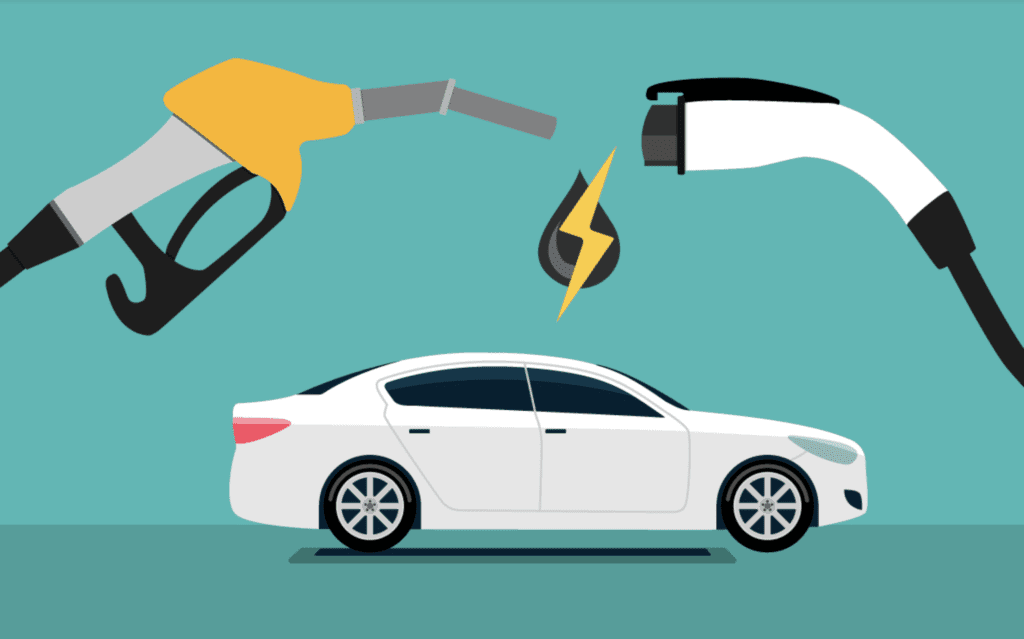Choosing a reconditioned Japanese car over a brand new local car can be appealing for several reasons:
1. Cost-Effectiveness
- Lower Price: Reconditioned cars are generally more affordable than new ones, allowing you to get a higher-quality vehicle for less money.
- Depreciation: New cars lose value quickly, whereas reconditioned cars have already experienced that initial depreciation.
2. Quality and Reliability
- Thorough Reconditioning: Many exporters ensure that reconditioned cars undergo extensive inspections and repairs, enhancing their condition.
3. Variety and Options
- Wider Selection: You can find a broader range of models and specifications in the reconditioned market, especially for unique or hard-to-find models.
- Advanced Features: Some older Japanese models come with features that might be missing in newer, budget-friendly local cars.
4. Performance
- Engineering Excellence: Japanese manufacturers are known for their engineering and performance, often providing a more enjoyable driving experience.
5. Fuel Efficiency
- Economic Options: Many Japanese cars are designed to be fuel-efficient, which can save you money in the long run.
6. Resale Value
- Strong Demand: Some Japanese models maintain good resale value, making them a smart investment.
7. Cultural Appeal
- Unique Designs: Some buyers are drawn to the distinct styles and designs of Japanese cars, which may not be available in local markets.
While new local cars offer benefits like warranties and the latest technology, reconditioned Japanese cars can provide a compelling alternative for budget-conscious buyers looking for quality and reliability.




